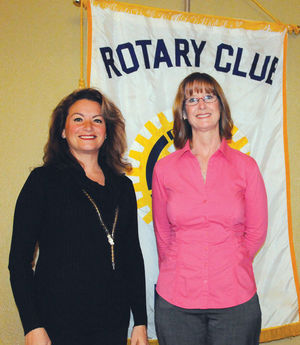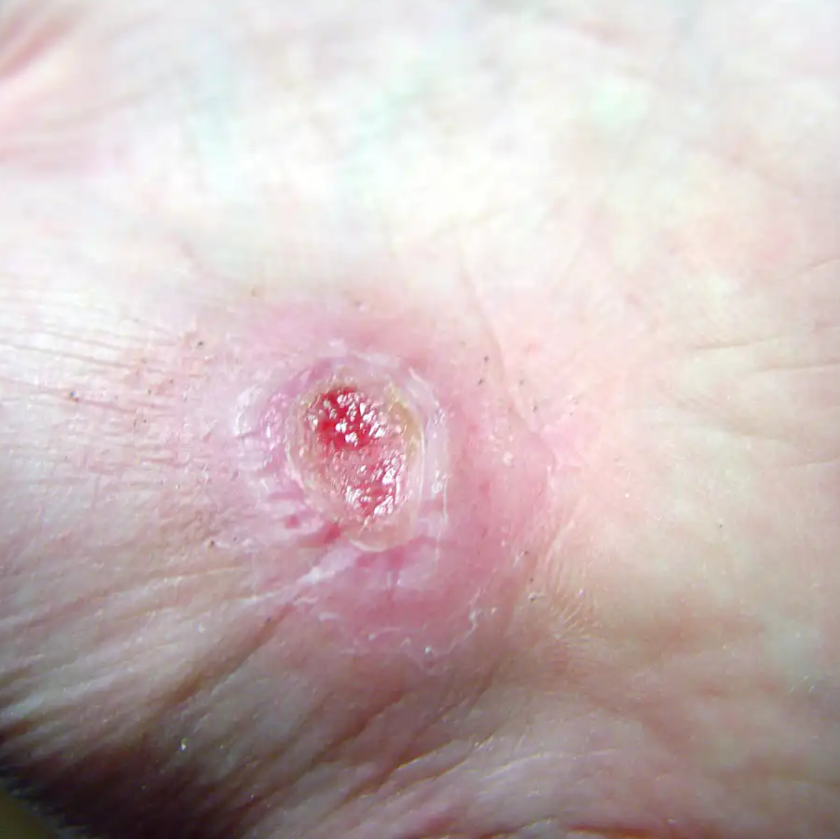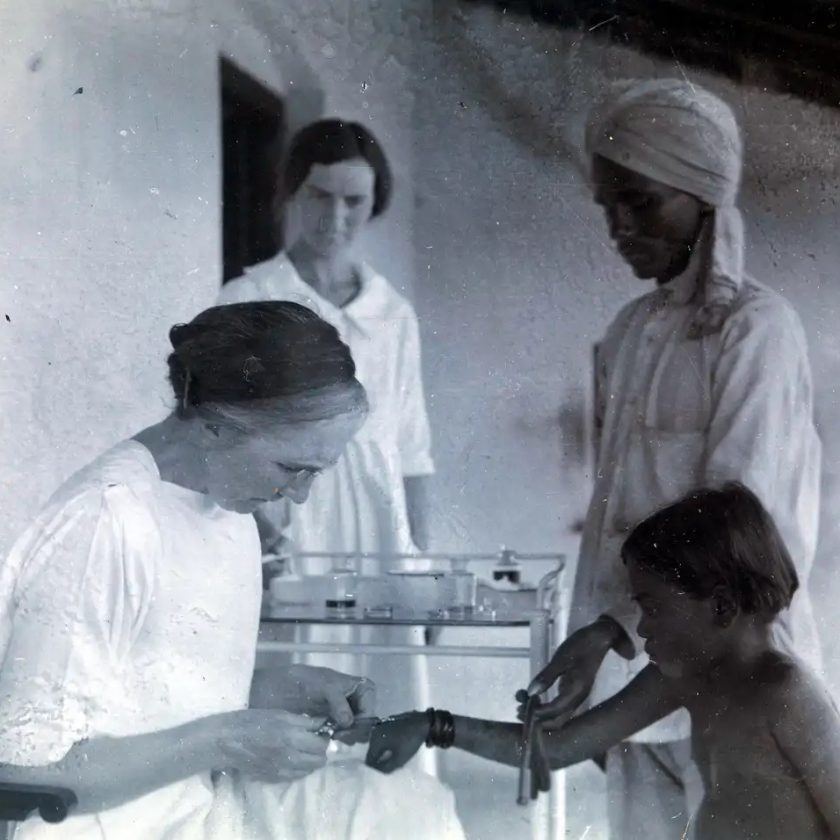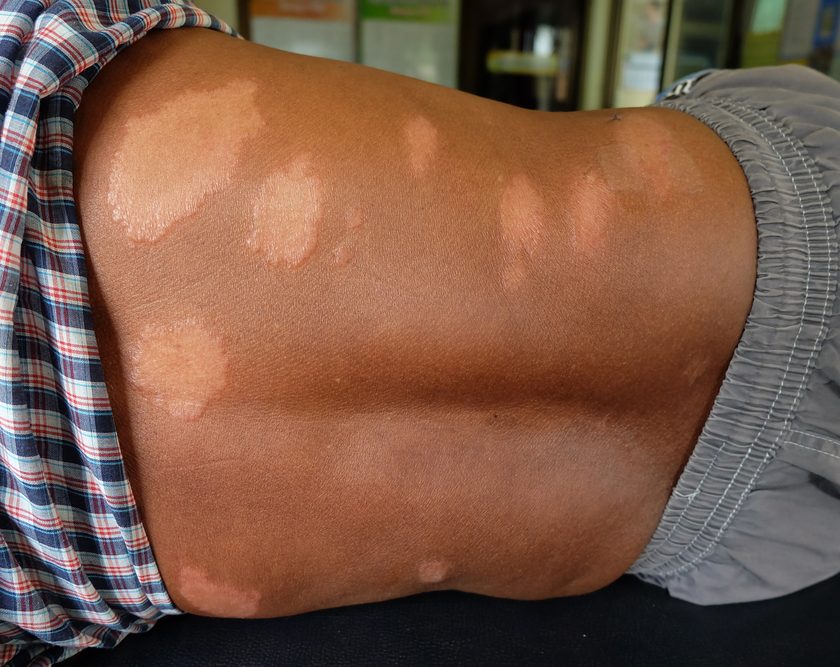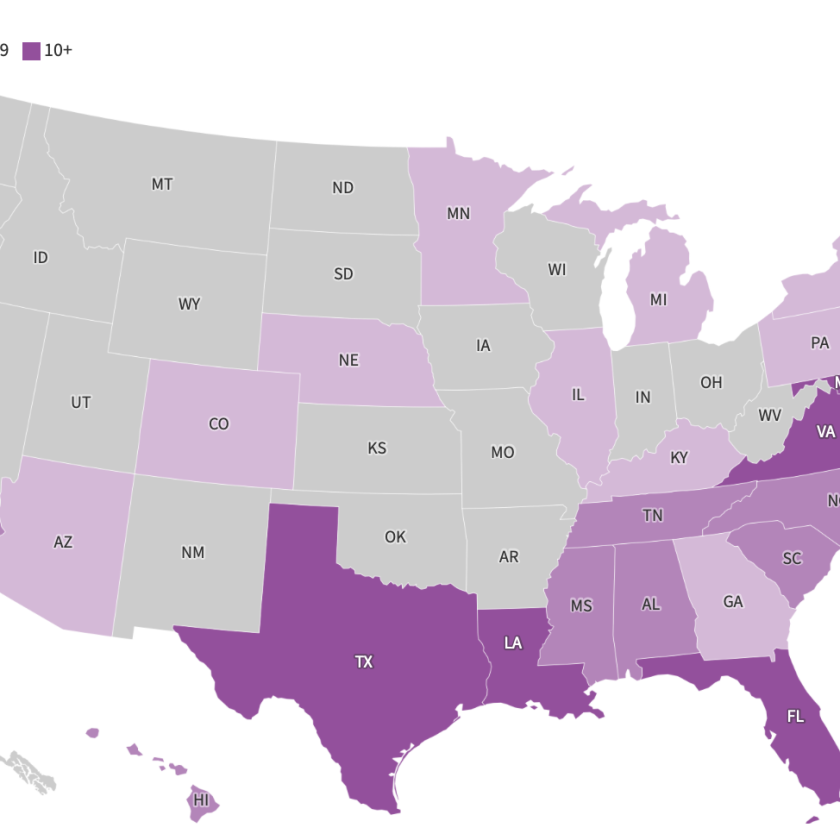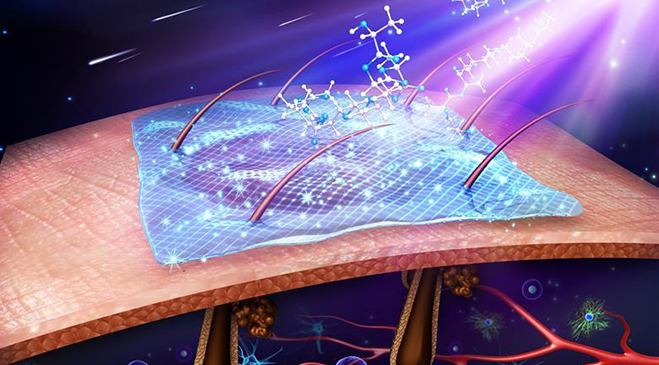When treating people for wounds, the care team preforms both a comprehensive diagnosis and comprehensive treatment, Kathy Khandaker, director of wound care at Community Hospitals and Wellness Centers-Bryan, told the Bryan Rotary Club at its Friday meeting.
The wound care clinic opened at CHWC in 2006, added ostomy care in 2007, continence care in 2010 and added a full-time physician in 2015. The care team includes a wound care nurse, a hyperbaric oxygen therapy technician and a receptionist in addition to the physician.
The wound care clinic, Wound Care Solutions, cares for venous and arterial insufficiency, diabetes, surgery, trauma, burns, soft tissue infections and radiation issues. Methods of treatment include: hyperbaric oxygen therapy, specialized wound cleaning, wound cultures or biopsy, laboratory testing, nutritional assessment and counseling, medication management, specialized equipment and advanced dressings.
Khandaker said that when the team sees a patient, the first visit is an evaluation. They do diagnostic testing for oxygen levels at the wound and check for infections. They want to discover what is causing the wound before treatment.
She explained that when utilizing hyperbaric oxygen therapy, they only use U.S. Food and Drug Administration-approved treatments for wounds and chronic wound conditions. The hyperbaric chamber is designed for one patient at a time and the typical treatment will last for two hours, Khandaker told the club. She said that on average insurance will pay for 30 days of treatment, but if the treatment is showing good results a patient can often get an extension.
Khandaker said that ostomy care is utilized when a person has bowel or bladder surgery that creates an opening in the abdomen for the removal of waste. She said the team teaches the patient how to live with this change in their life. This includes pre- and post-surgery education, management and correction of pouch complications, nutritional assessment and nutritional counseling.
Continence care includes stress and urge problems. She said a stress problem is when you cough and leak urine, while an urge problem is the constant need to go. She also works with men who have post-prostate-surgery needs.
Khandaker stressed that the wound care clinic does not need a referral from another physician. The clinic, Wound Care Solutions, is located on the second floor of the Bryan hospital and is open Monday through Friday. More information can be found at chwchospital.org.
Khandaker spoke as the guest of Bryan Rotarian Bonnie Kimpling-Kelly.v

